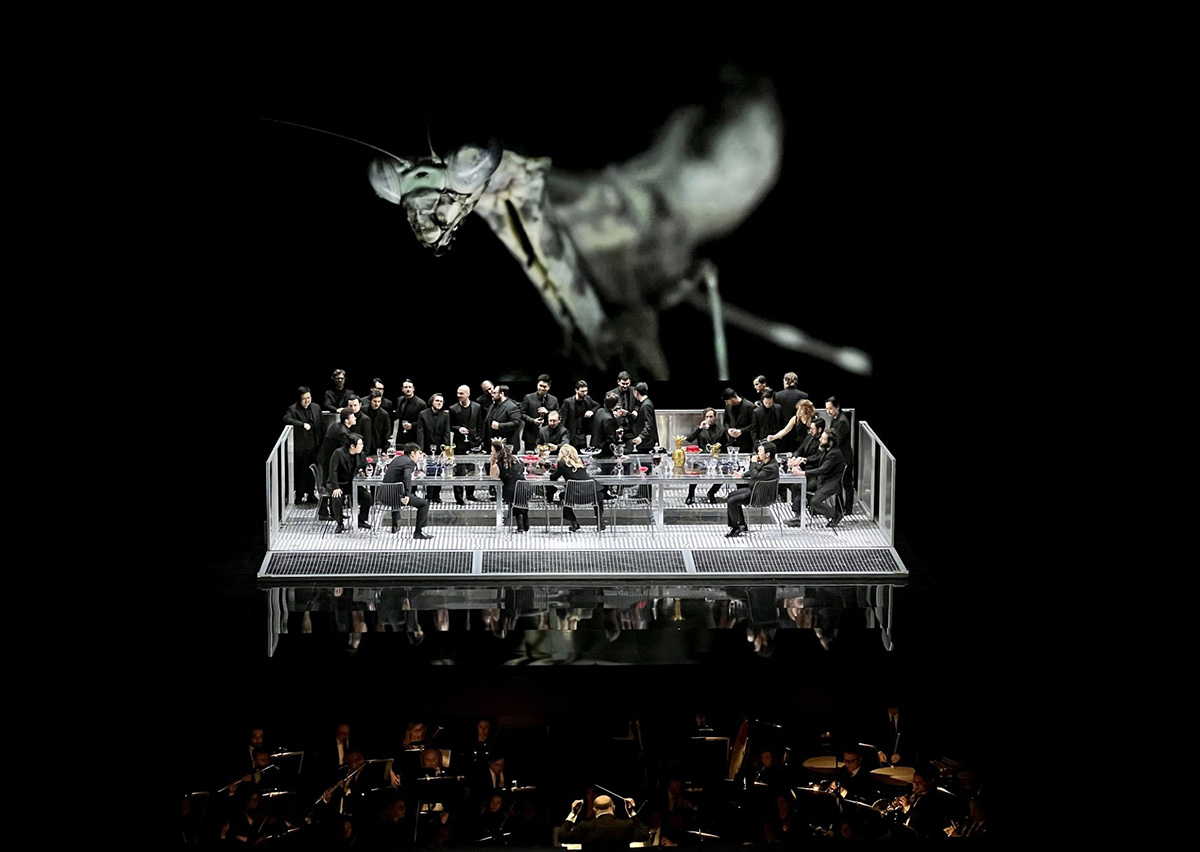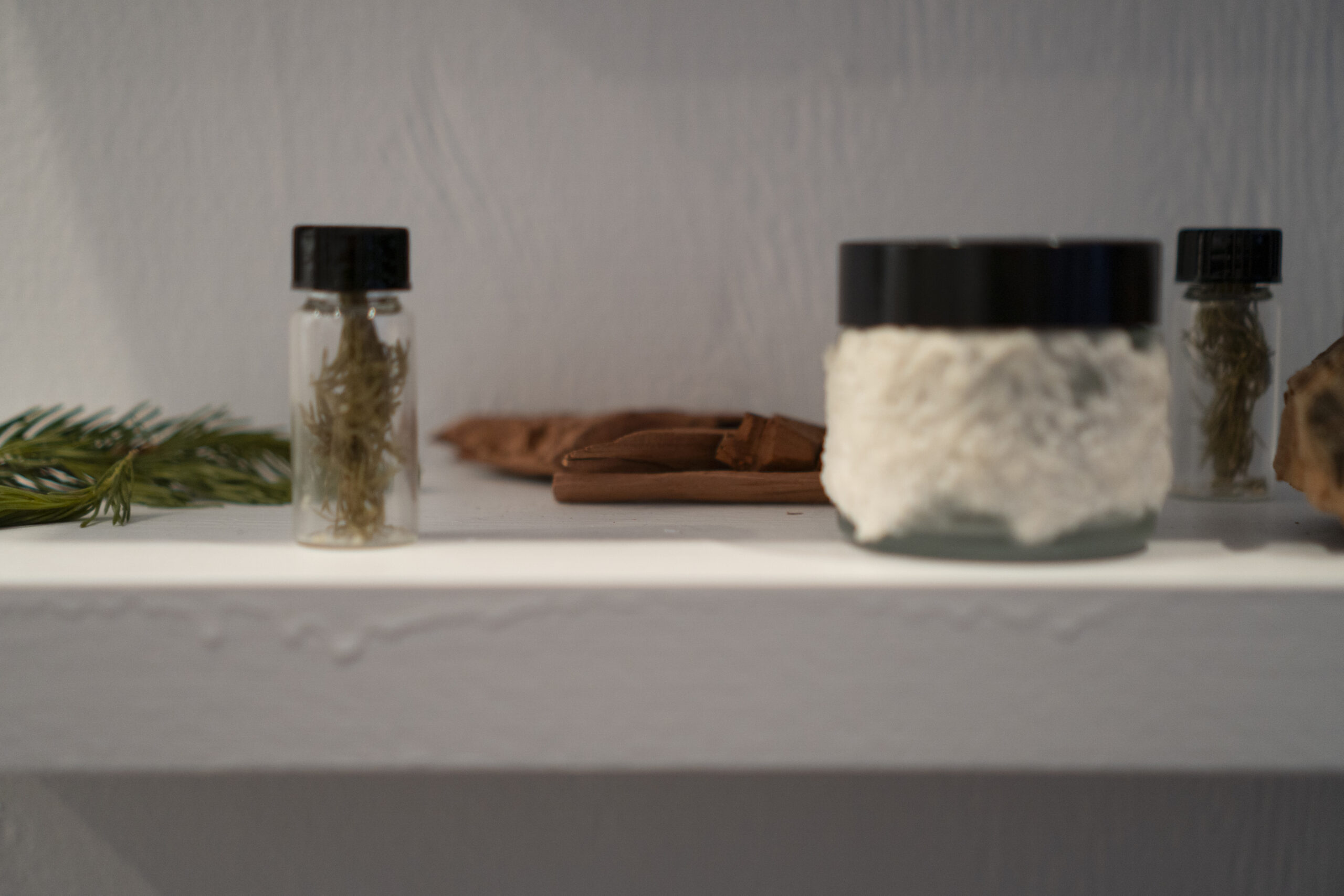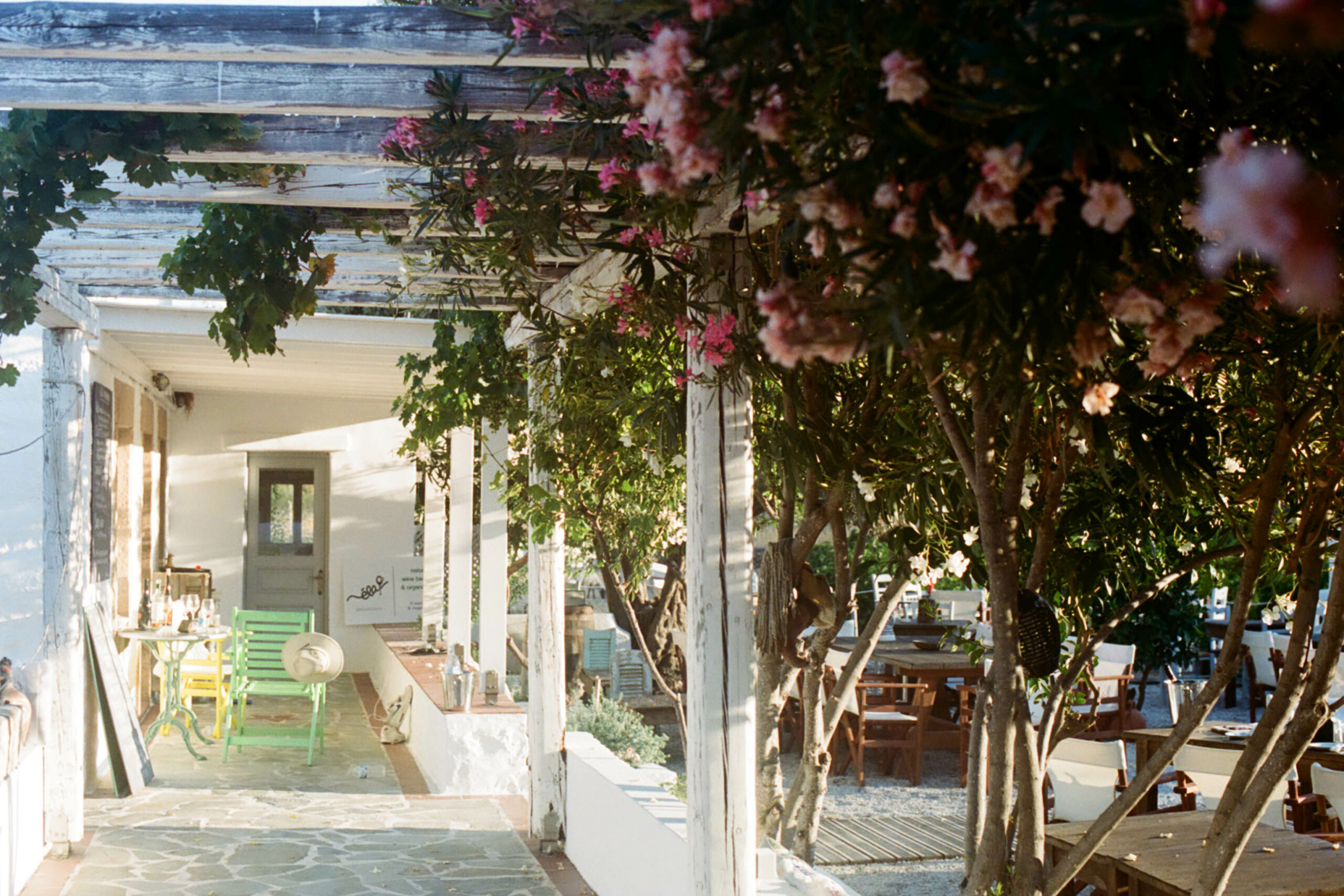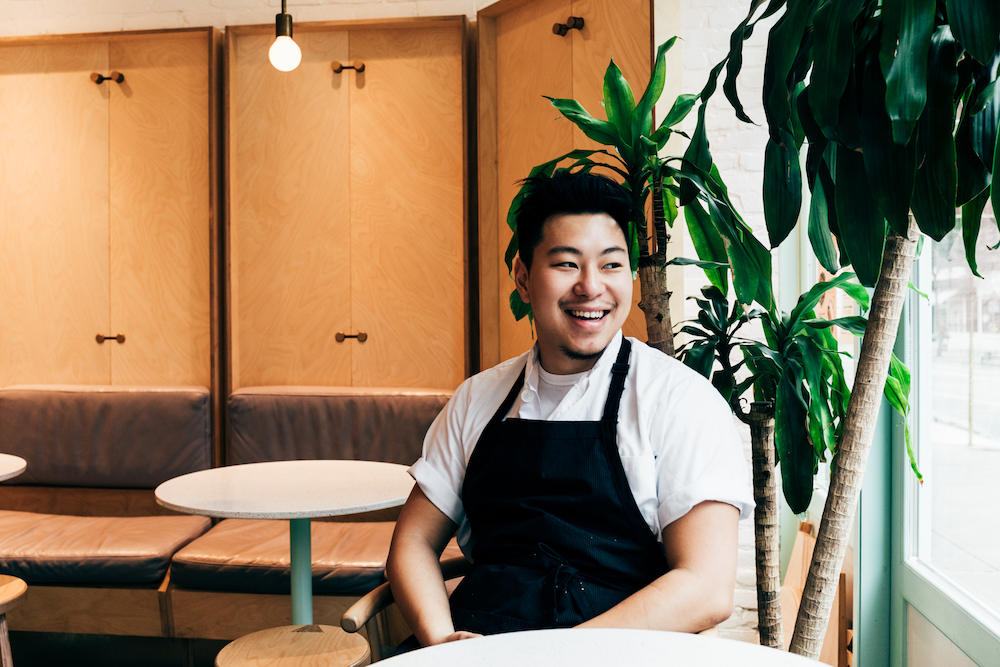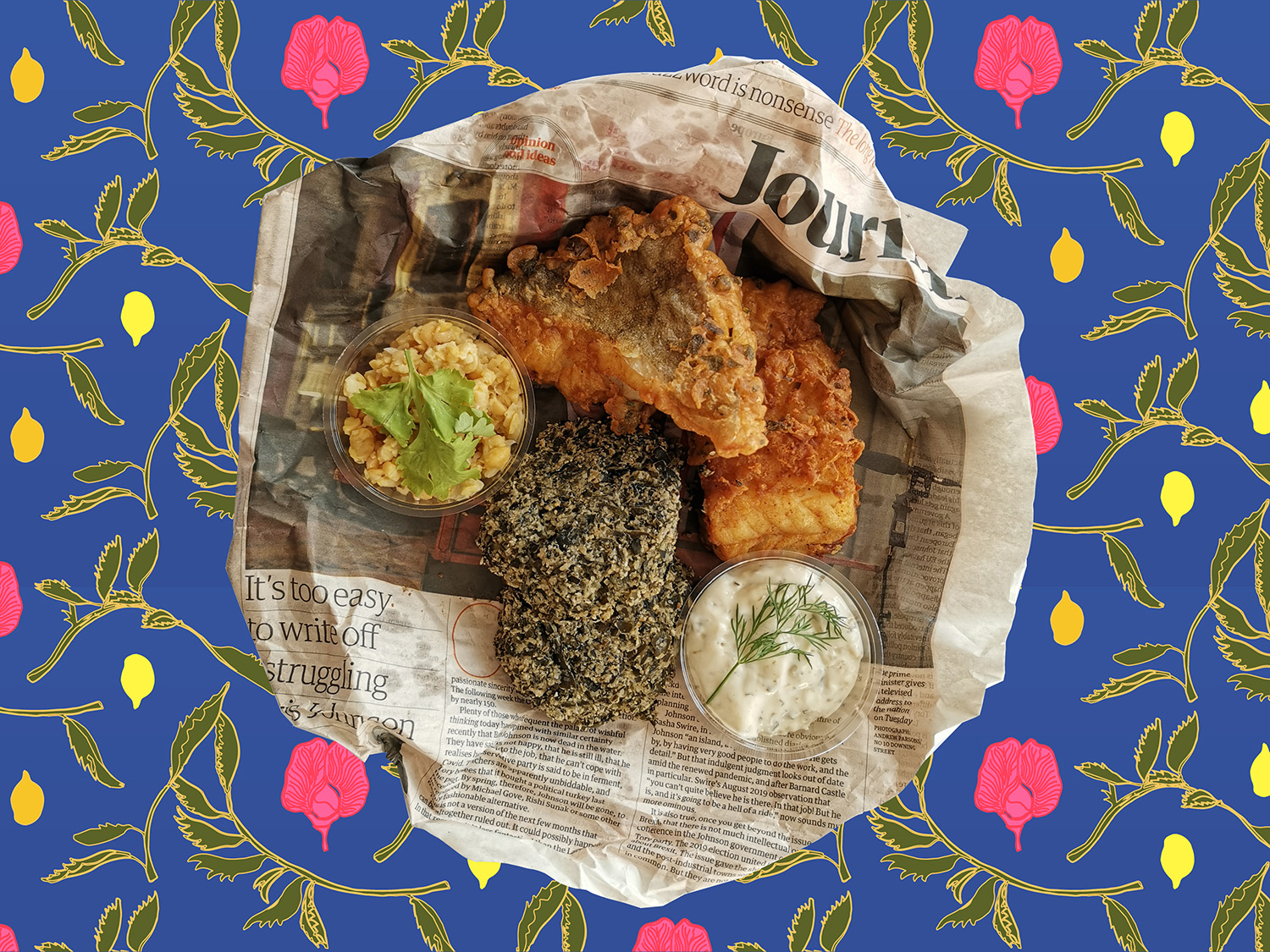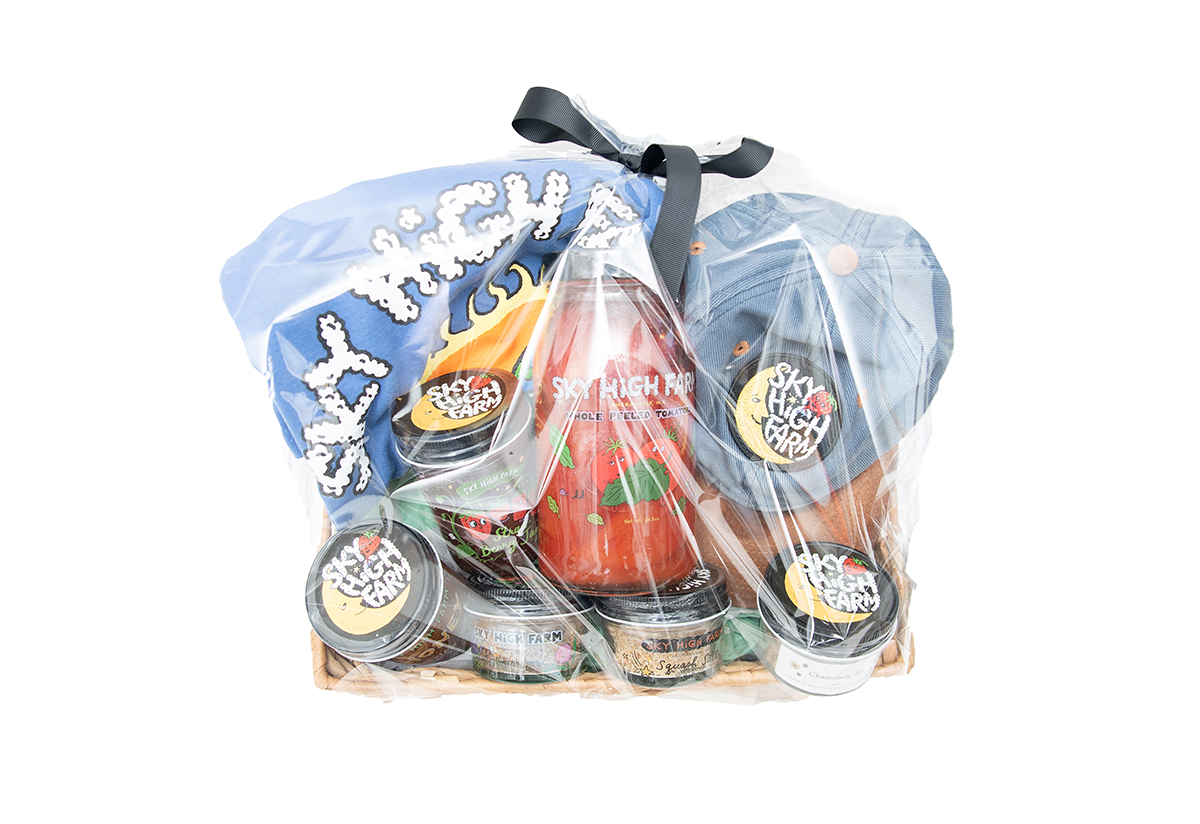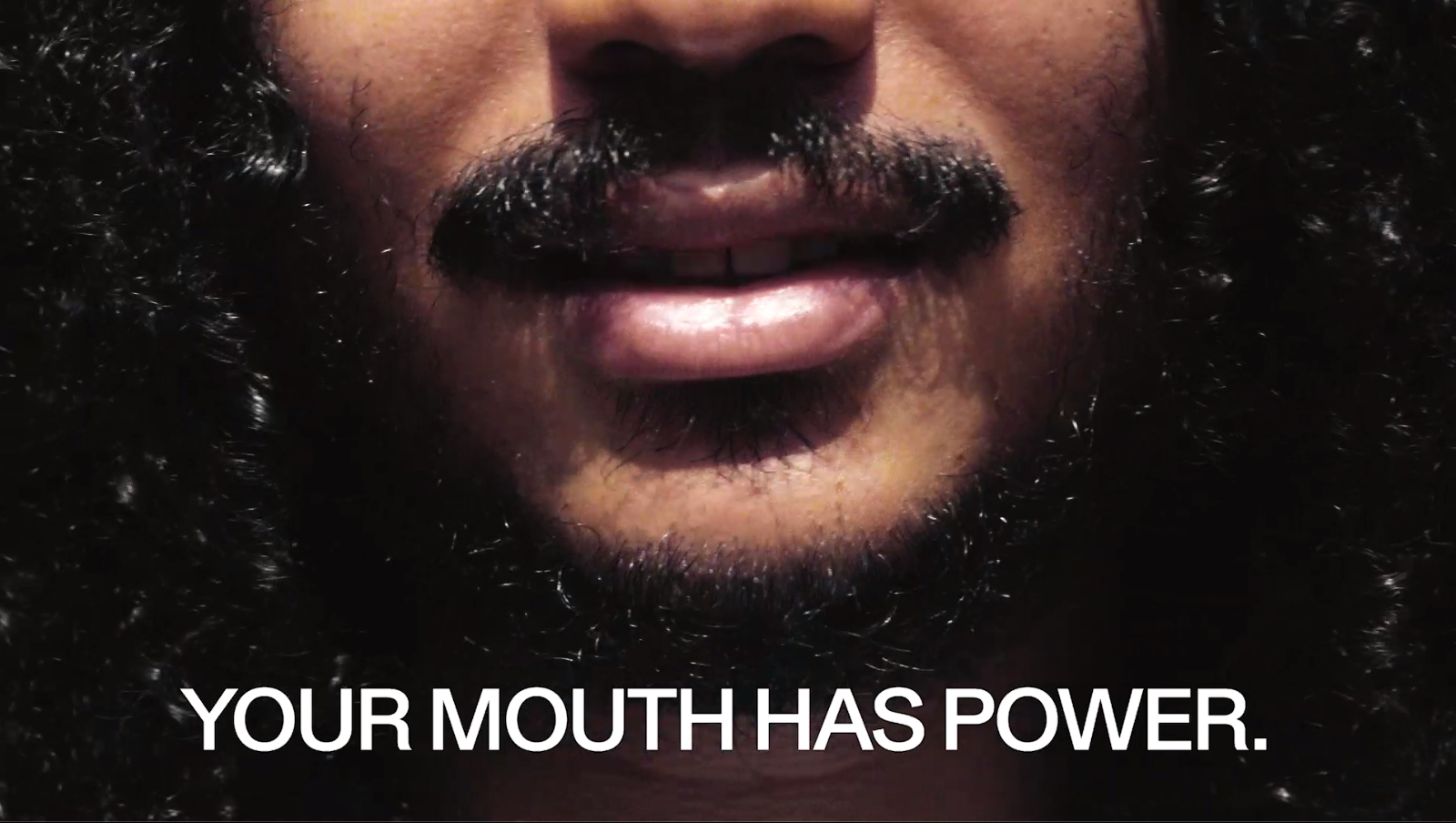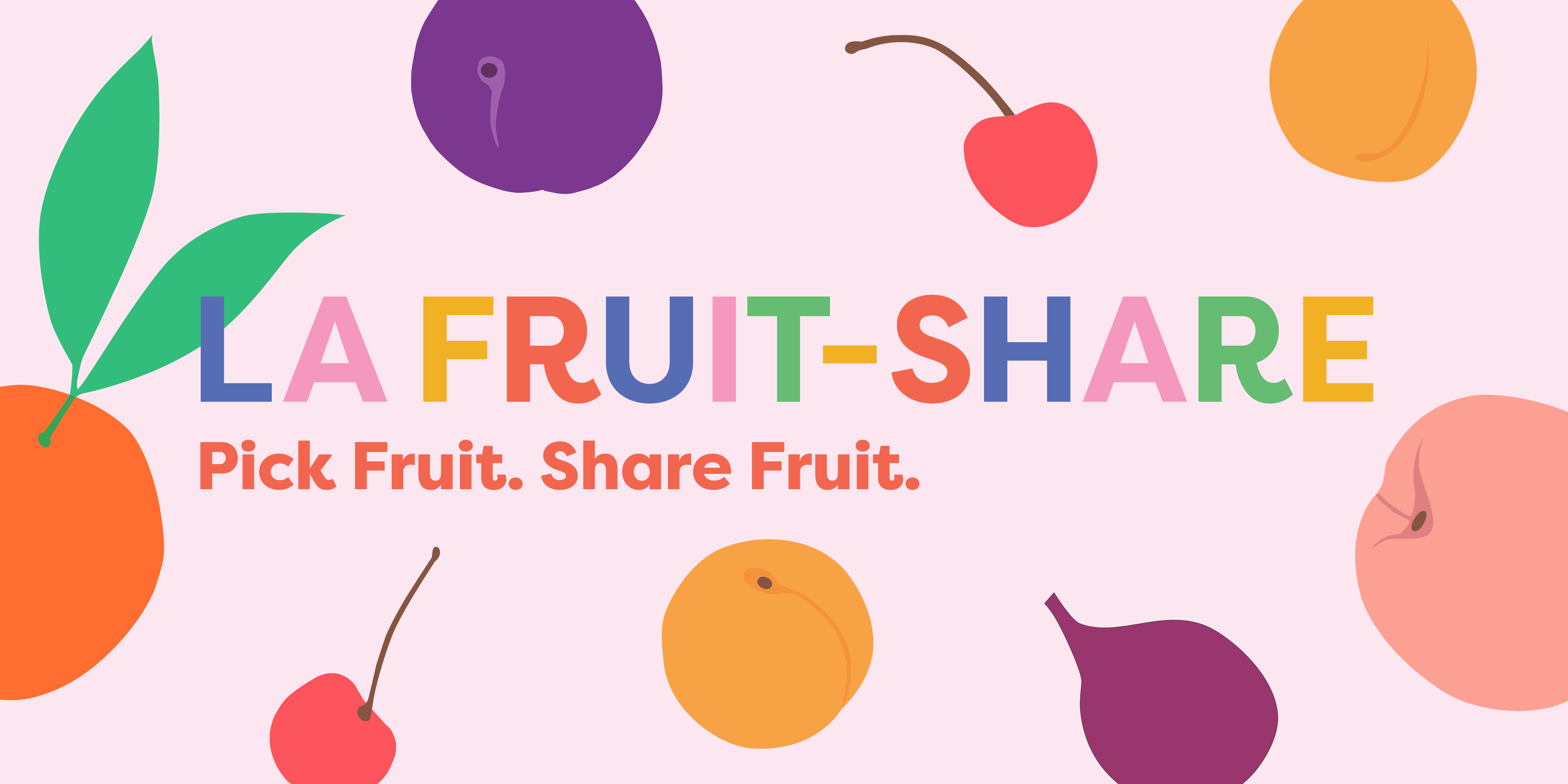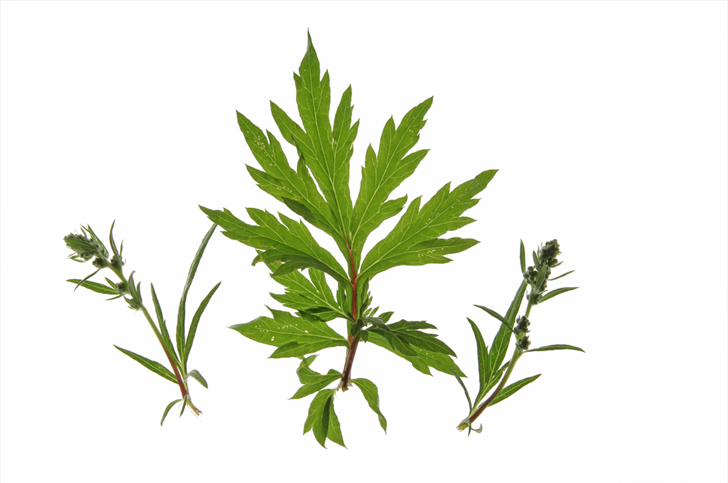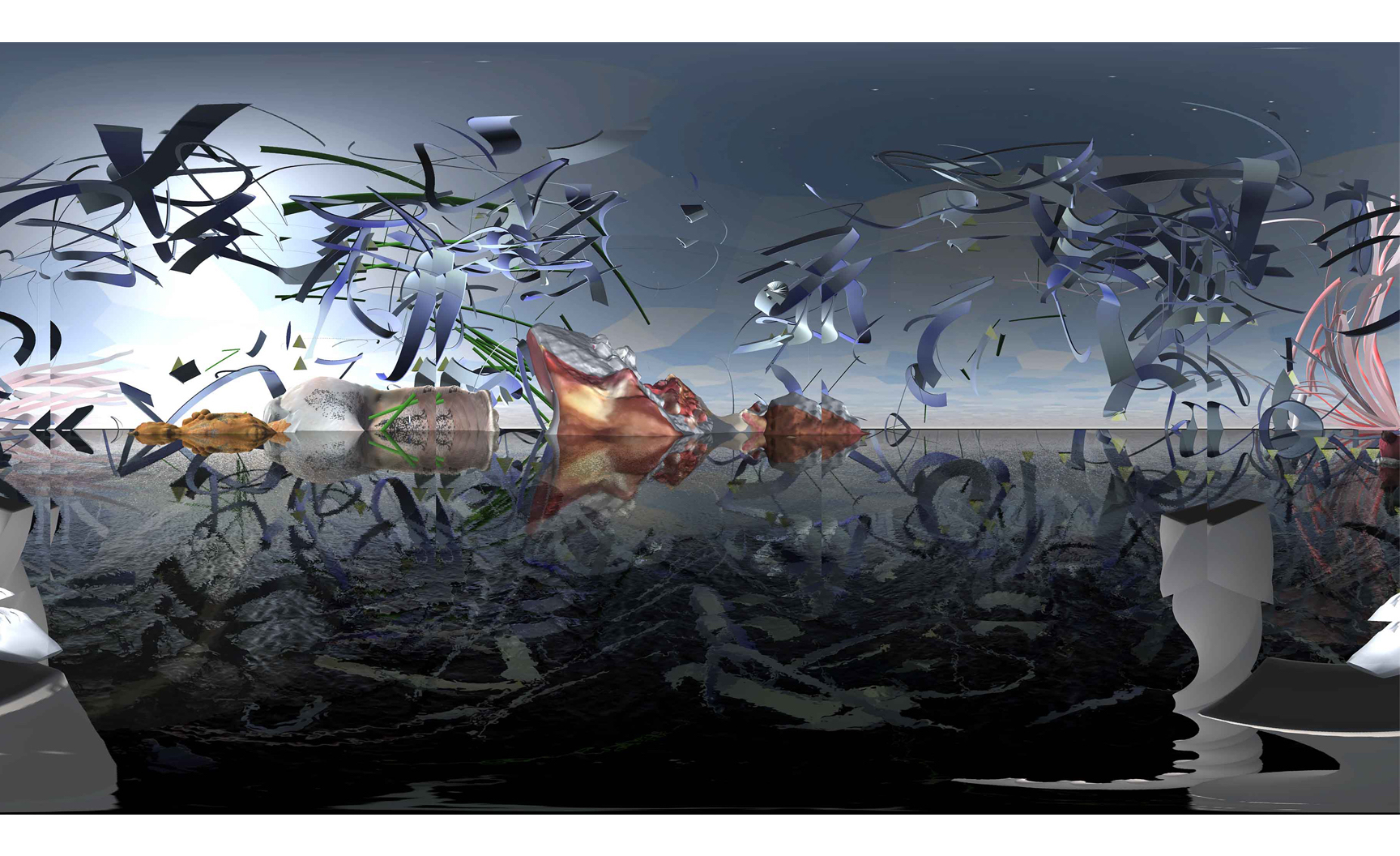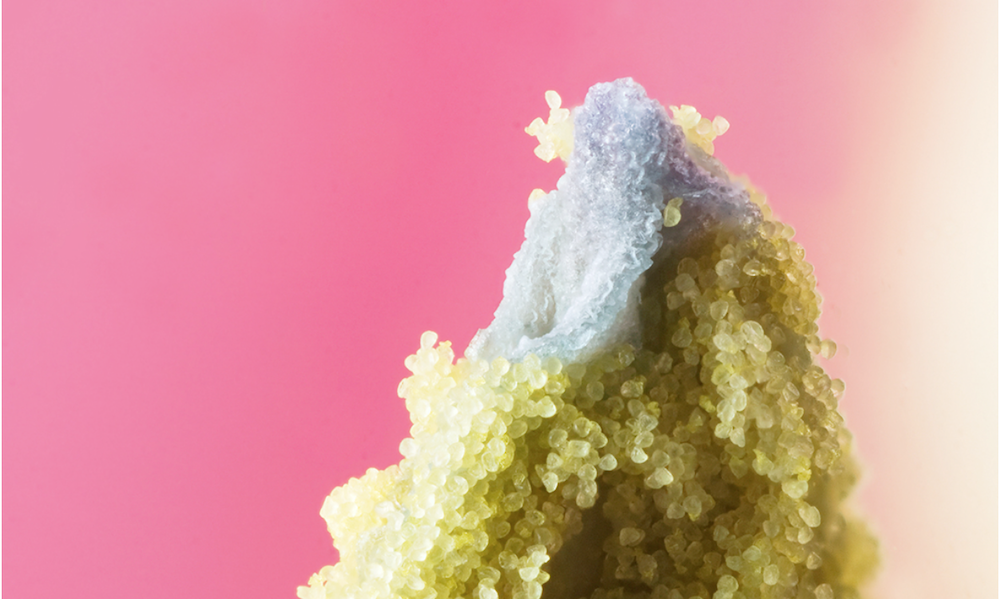“Growing up, 15th August (Indian Independence Day) had such a special place in our hearts. Going to school we had a celebration to look forward to. But over the years we’ve felt that it had become just another holiday.” says Sameer Seth, partner at The Bombay Canteen.
That thought inspired the team at The Bombay Canteen (TBC), to bring back the celebratory spirit of India—in food and culture—by bringing the community together with a dawaat (feast) in a Langar-inspired meal, where people could eat and pay as they wished.
Over the last four feasts, the restaurant has served 1,873 guests, staff and well-wishers and raised Rs.33.96 lakhs (approx. $48K) for different causes like the Miracle Foundation and Teach for India.
But this year the cause and conversation are heavy with the thought of how they can be part of sustaining India’s food future.
“We always see how we can make things better, How can we continuously learn. How can we do something that’s not just one day but throughout the year? And that brings us to the centre of our ecosystem of food.“
 Celebrating unity in diversity, this year’s community meal represented indigenous ingredients from across sixteen states. This includes Kerela Moras Bhaji, Parippu Vada, Bengali Lau Ghonto, Bihari Kantola Chokha, Tamilian Eggplant Moju, Chicken and Bamboo Curry from Arunachal Pradesh. There is also Punjabi Martaban Mutton Kheema, Ajara Ghansal Rice, Parsi Wild Saag and Pumpkin Dal with Bombay Maska Pav. All this with a selection of unusual chutneys and accompaniments including Mahua Raita from Madhya Pradesh, Assamese Tomato Chutney and Maharashtrian Pendhra Pickle, served up with chilled Aam Panna from Uttar Pradesh and Kokum Sherbet from Karnataka.
Celebrating unity in diversity, this year’s community meal represented indigenous ingredients from across sixteen states. This includes Kerela Moras Bhaji, Parippu Vada, Bengali Lau Ghonto, Bihari Kantola Chokha, Tamilian Eggplant Moju, Chicken and Bamboo Curry from Arunachal Pradesh. There is also Punjabi Martaban Mutton Kheema, Ajara Ghansal Rice, Parsi Wild Saag and Pumpkin Dal with Bombay Maska Pav. All this with a selection of unusual chutneys and accompaniments including Mahua Raita from Madhya Pradesh, Assamese Tomato Chutney and Maharashtrian Pendhra Pickle, served up with chilled Aam Panna from Uttar Pradesh and Kokum Sherbet from Karnataka.
The Bombay Canteen opened doors in 2014 to set a social and cultural context that reimagines Indian food for the current generation. It’s increasingly evident that over the years through the Indian Food Movement and campaigns like #IndianVegetablesareSexy and Chef on the Road, led by Chef/Partner Thomas Zacharias they have influenced many Indians at home and abroad to rethink their relationship with food by being aware of what’s available around them, how to cook and appreciate Indian food and food culture.
This year’s Independence day dawaat is designed around thinking not just about the farmers who are growing our food but about their future and their children. The statistics are worrying:
- 76% of farmers in India want to quit farming (CSDS,2014).
- Out of 90.2 million estimated agricultural households, 52% were reported to be indebted with an average debt of ₹47,000 (NSSO, 2013).
- Farmers account for 11.2% of the total suicides occurring in India (IOSR Journal, 2015).
- About 69% agricultural households possess land less than 1 hectare (NSSO, 2013).
- The literacy rate among farmer members of agricultural households is 59.2% (NSSO, 2013).
Together with the Naandi Foundation, they are raising funds to support sustainable fruit orchards in Chedu Put, a village outside the Araku town in Andhra Pradesh.
Over the last two-decades the Naandi Foundation has worked in the hilly Araku region of southeastern India, transforming the lives of 100,00 Adivasi families. The model at Naandi is not just to create food security but to work towards nutritional security, elementary education with positive discrimination of girls, safe drinking water and sanitation, end to end sustainable agriculture and preserving traditional knowledge systems.
 Team TBC 2019: 21.1 lakhs raised (so far) and 695 well-fed guests.
Team TBC 2019: 21.1 lakhs raised (so far) and 695 well-fed guests.
Sameer recalls starting The Bombay Canteen because of their enormous love for all things food and beverage, but sees themselves evolving based on conversations and situations. From farmer suicides, the aging agricultural community, malnourishment, lack of minimum price support, water shortages, climate change—big issues that will influence Indian food supply in the future (if not already now).
“We definitely should be apart of this conversation and help this conversation in any way we can,” Seth explains. “We aren’t the experts to do this but just over the last two months by being involved with this cause we have learnt so much. And this 15th August is just the starting point for what we should be able to do.”
 L: Dishes ready for service. R: Goan Pineapple Baath Cake & Malt Milk Barfi representing the Indian tri-color
L: Dishes ready for service. R: Goan Pineapple Baath Cake & Malt Milk Barfi representing the Indian tri-color
The role of a restaurant in India looks to be changing. It’s functionality still for nourishment or social gatherings or to taste exquisite cuisine. But more and more people are looking to it as a space that can translate these food issues into bite-sized edible portions; empowering people to regain their agency over the food they consume and their relationships with producers and each other, catalyzing a change for the food system for the future.
To donate to TBC’s fundraising campaign, visit ketto.org.
